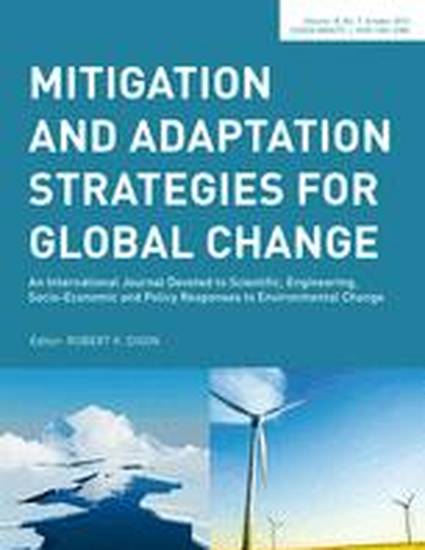
Article
Joint Implementation Under the U.N. Framework Convention on Climate Change: Technical and Institutional Challenges
Mitigation and Adaptation Strategies for Global Change
(1997)
Abstract
The U.N. Framework Convention on Climate Change (FCCC) allows for the joint implementation (JI) of measures to mitigate the emissions of greenhouse gases. The concept of JI refers to the implementation of such measures in one country with partial or full financial and/or technical support from another country, potentially fulfilling some of the supporting country's emission-reduction commitment under the FCCC. At present, all JI transactions are voluntary, and no country has claimed JI credit against existing FCCC commitments. Nevertheless, JI could have important implications for both the economic efficiency and the international equity of the implementation of the FCCC. This paper discusses some of the information needs of JI projects and seeks to clarify some of the common assumptions and arguments about JI. Issues regarding JI are distinguished according to those that are specific to JI and those that apply to JI as well as other types of regimes and transactions. The focus is on the position of developing countries and their potential risks and benefits regarding JI.
Keywords
- Carbon offsets,
- Economic instruments,
- Emission trading,
- Energy efficiency,
- Global climate change,
- Greenhouse gases
Disciplines
Publication Date
January, 1997
DOI
10.1023/B:MITI.0000004485.20050.4c
Publisher Statement
Kluwer Academic Publishers
Citation Information
Joel N. Swisher. "Joint Implementation Under the U.N. Framework Convention on Climate Change: Technical and Institutional Challenges" Mitigation and Adaptation Strategies for Global Change Vol. 2 Iss. 1 (1997) p. 57 - 80 Available at: http://works.bepress.com/joel-swisher/7/
